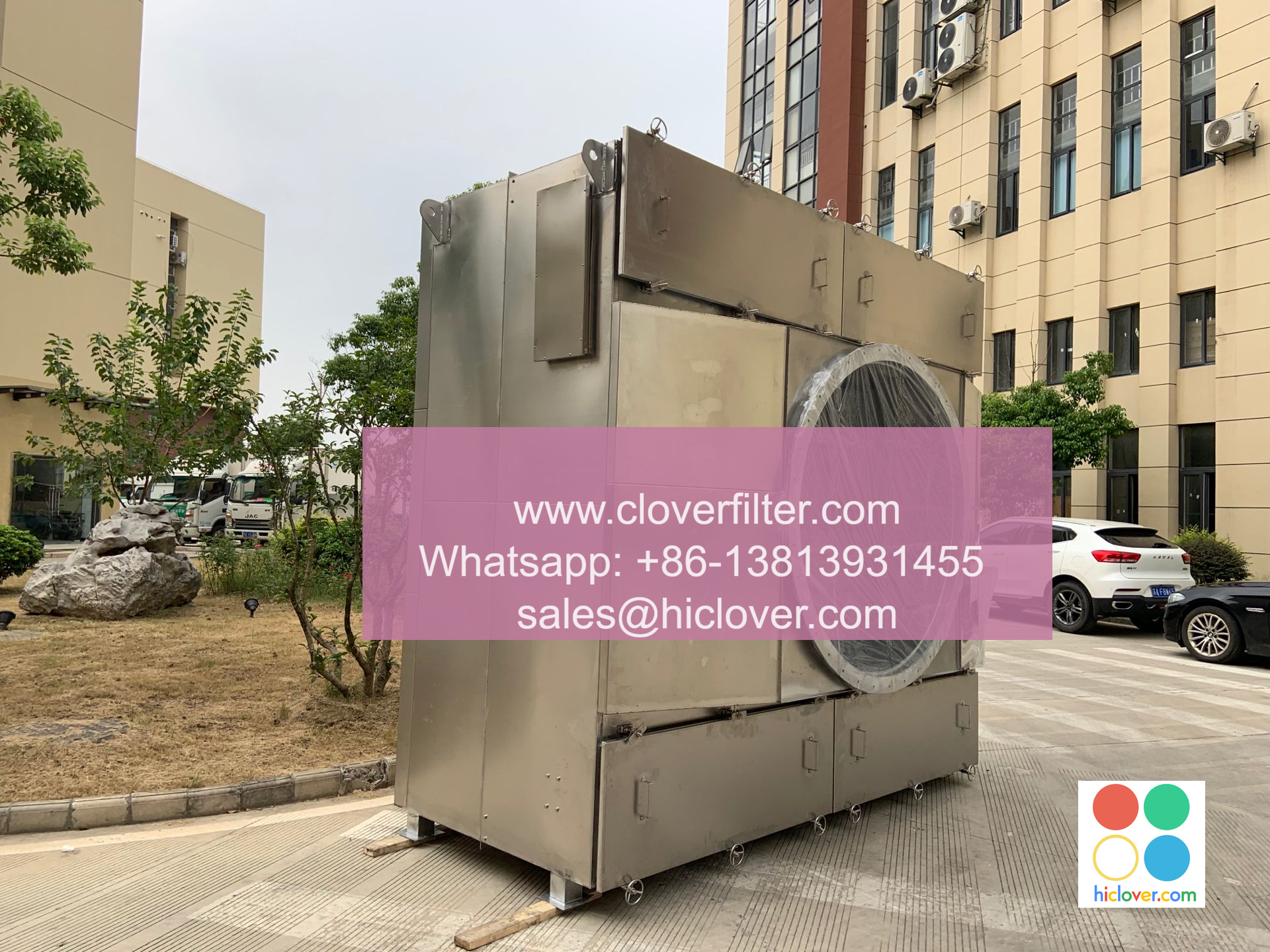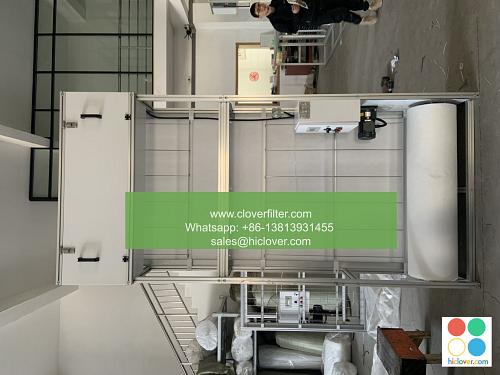The Effects of Air Filter Efficiency on Energy Consumption

Air filter efficiency plays a crucial role in determining the energy consumption of various systems, including heating, ventilation, and air conditioning (HVAC) systems, industrial processes, and air pollution control systems. In this article, we will explore the impact of air filter efficiency on energy consumption, highlighting various application areas and discussing ways to optimize filter performance.
Introduction to Air Filter Efficiency
Air filter efficiency refers to the ability of an air filter to remove particulate matter (PM), gases, and odors from the air. The efficiency of an air filter is typically measured by its minimum efficiency reporting value (MERV) rating, which ranges from 1 to 20. A higher MERV rating indicates a more efficient filter.
Effects on Energy Consumption
The efficiency of an air filter has a significant impact on energy consumption. A more efficient filter can reduce the energy consumption of a system by minimizing the pressure drop across the filter. Pressure drop refers to the difference in pressure between the upstream and downstream sides of the filter. A lower pressure drop results in less energy required to push air through the filter, resulting in energy savings.
Application Areas
Air filter efficiency has a significant impact on energy consumption in various application areas, including:
* Commercial buildings: Energy-efficient air filters can help reduce the energy consumption of HVAC systems in commercial buildings, resulting in significant cost savings.
* Industrial processes: Air filters are used in various industrial processes, such as painting, coating, and welding. Energy-efficient air filters can help reduce the energy consumption of these processes, improving productivity and reducing operating costs.
* Air pollution control: Air filters are used to remove particulate matter (PM) and gases from the air. Energy-efficient air filters can help reduce the energy consumption of air pollution control systems, resulting in improved air quality.
Optimizing Filter Performance
To optimize filter performance and reduce energy consumption, several strategies can be employed, including:
* Regular maintenance: Regular cleaning and replacement of air filters can help maintain their efficiency and reduce energy consumption.
* Filter selection: Selecting the right air filter for a specific application can help optimize filter performance and reduce energy consumption.
* System design: Designing systems with energy-efficient air filters in mind can help reduce energy consumption and improve overall system performance.
Conclusion
In conclusion, air filter efficiency has a significant impact on energy consumption in various application areas. By optimizing filter performance and selecting energy-efficient air filters, significant energy savings can be achieved, resulting in cost savings and improved air quality. As the world continues to focus on sustainability and energy efficiency, the importance of air filter efficiency will only continue to grow, highlighting the need for innovative solutions and technological advancements in the field of air filtration. It seems like you haven’t asked a question or provided any context for me to respond to. Could you please provide more information or clarify what you would like to know or discuss? I’ll do my best to provide a helpful and direct answer.

